13 Types of Stones Used In Construction | Types of Rock
What Is A Stone?
Stone is the prime material of building construction. Because it has more durable, strong, stiff, and free from defects like crack, soft patch of material, etc.
Stone is a natural building material. According to types of stones are used in buildings for foundation, roofing, flooring, masonry, paving, etc.
Types of rock depend upon several factors like:
- Composition of chemical
- Mineralogy
- Grain Size
- Texture
- Formation
The Followings Are Major Types of Rock
- Igneous rock
- Metamorphic rock
- Sedimentary rock
Igneous Rock
Igneous rocks are formed when magma cools and converts into a solid form. Also, these rocks formed at high temperatures. This cooling can either be intrusive( which means inside the earth) or extrusive( which means outside the earth).
In intrusive the magma cools gradually and solidifies into an igneous rock during plutonic and in extrusive the magma cools very quickly during a volcanic eruption.
- Granite
- Ballast
- Pumice
Sedimentary Rocks
Sedimentary rocks are made up of sedimentation and deposition of older rocks. During erosion, rocks are break and transported by water bodies such as rivers, lakes, and oceans and lithify at the surface of the earth.
In the rock cycle, Sedimentary rocks are considered as a recycler. Because they take any rock and convert it into a new rock.
Examples of sedimentary rock
- conglomerate
- limestone
- Siltstone
- Shal
- Sandstone
Metamorphic Rocks
Metamorphic rocks are formed by the change in temperature, change in pressure, and change in the chemical composition of the pre–existing rock. They convert existing rock into new rock.
Examples of metamorphic rocks
- Marble
- Quartzite
- Phyllite
- Slate
- Schist
- Gneiss
Types of Stones Used In Construction
- Granite
- Ballast and Trap
- Marbles
- Chalk
- Marble
- Gneisses
- Laterite
- Slates
- Sandstone
- Quartzite
- Murum
- Kankar
- Lime Stone
Granite
Granite is an igneous type stone. Granite is hard and durable. Also, it is available in so many colors. Granites are used in construction work such as steps, walls, kitchen, frames of door and windows, etc.
It is not suitable for carving purposes. Specific gravity of granite is 2.0 to 2.7 and Compressive strength is varies from 770 kg/ cm2 to 1300 kg/cm2.it is easily available in many places.
Ballast
Ballast is an igneous type rock. Ballast is also known as trap. It is hard so that difficult to work with using this type of stone. It is specific gravity is 3 and compressive strength is 1530kg/cm2 to 1890 kg/cm2.
Ballast is used in foundation work, masonry, road metal, etc.
Chalk
Chalk is a sedimentary type of rock. The Color of chalk is pure white. It is the texture is power form. Chalk is used in the manufacturing of Portland cement and putty work.
Gneisses
Gneisses are a metamorphic type of stone. It is specific gravity is 2.69 and compressive strength is 2100 kg/cm2. Gneisses are commonly used in street paving, masonry work, etc.
Also, it is easy to use.
Lime Stones
Limestone is a Sedimentary type of stone. It is consists of carbonate of lime. It is specific gravity is 2 to 2.75 and compressive strength is 550 kg/ cm2.
Uses of limestones are many purposes like for flooring, step, wall, manufacture of lime, etc
Marbles
Marble is a metamorphic rock. It is available in a different color. It is specific gravity is 2.65 and compressive strength is 720 kg/cm2.
Marble is used for flooring purposes, steps, facing work, etc. marble is easily carved and sawn.
Murum

Murum is a metamorphic type. The Colour of murum is deep brown or red. It is made of by composition of laterite stone. Murum is used in the garden wall, for fancy paths, etc.
Kankar
Kankar is a sedimentary type of stone. It is used in the manufacturing of hydraulic lime, road metal, etc. it is easily found in Central India and North India.
Laterite

Laterite is a type of metamorphic rock. Its qualities are porous, a high percentage of oxide in iron, and easily quarried. The laterite is available in a different color.
It is compressive strength is 18 to 32 kg/cm2. Also, it’s used in stone masonry, building stone and road metal, etc.
Slate

Slate is a metamorphic type of rock. Its specific gravity is 2.89 and compressive strength is 770 kg/cm2 to 2110 kg/cm2. Slates are used for roofing purposes damp proof course and sills work etc.
The slate is available in black color. Also, it has non-absorbent properties.
Sand Stone is a sedimentary stone. It is easily dressed in any shape and size. Also available in various colors.
The specific gravity of sandstones is from 2.65 to 2.95 and Compressive strength is 650 kg/cm2.use of sandstones are for flooring purposes, wall, and carving purposes.
Quartzite

Quartzite is a metamorphic type of rock. It is used in pitching work, rubble masonry, facing of building and retaining walls, etc. Quartzite texture is hard, brittle, and compact.
Requirement of Good Building Stone
The following are the quality requirements of good building stones:
Strength
Generally, the building stones have a high strength so that they resist the coming load on them. therefore no need to check every time quality of the stones.
But when stones are used in large structures it becomes necessary to check the compressive strength of the stone. The compressive strength of stones range is 60 to 200 N/mm2.
Durability
Stones are capable to resist the adverse effects of natural forces such as rain, heat, and wind. So they do not deteriorate due to natural forces.
Hardness
Building stones are used in various places like pavements, floors, and apron of bridges. At that place come abrasion forces due to the movement of vehicles and humans. So that it is important to test the hardness.
TOUGHNESS
The Toughness means their capacity to resist impact load which is developed due to vibration. So that is necessary to test the hardness of stones.
Specific Gravity
The specific gravity means it has high strength so that higher specific gravity values should be used in a heavy structure. Such as the construction of dams, retaining walls, harbor, and docks. The range of specific gravity is 2.4 to 2.8.
Porosity and Absortion
The porosity of building stone depends upon the formation of the parent/ main rock. If parent rock has a porous structure, then rainwater and groundwater can easily enter into that porous space and damage the structure and water absorption is directly proportional to the porosity. If stones are more porous then water absorption capacity is more.
Dressing
Dressing means giving the required shape of the parent rock which is suitable/ needed for building construction. When dressing of parent rock is easy then the cost of the dressing is less.
Apperance
In that case, when stones are used for facing works where appearance is prime role. At that place enhances the beauty of the stones applying polish on it.
Seasoning
Seasoning of stones means the process of removing quarry sap. Lateritic types of stones should not be used after 6 to 12 months of quarrying. Because they allow ridding of quarry sap by the action of nature.
Workabilty
The stones are workable it means they are easy to cutting, easy to dressing and giving shapes are also easy.
Cost
Cost is an important factor when selecting a building material because the material cost is directly proportional to the cost of construction.
Fire Resistance
Building stones are free from a coefficient of thermal expansion. Such as iron oxides, calcium carbonate, and minerals.
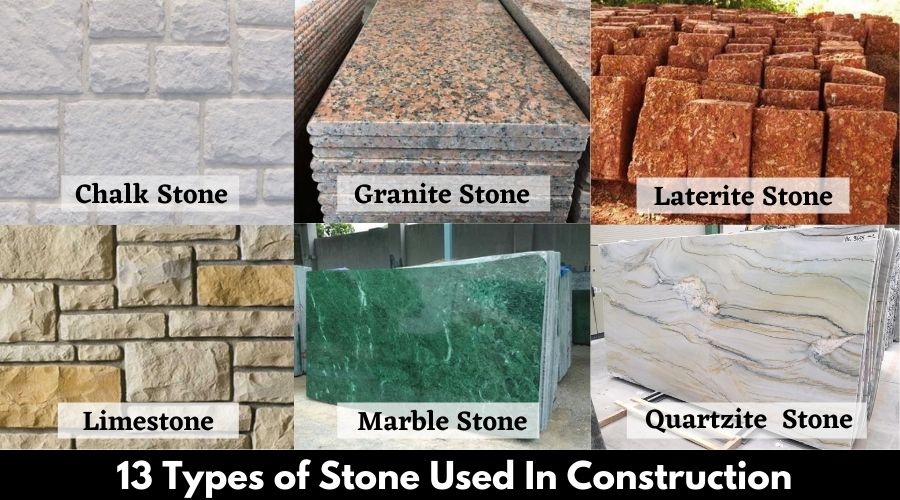
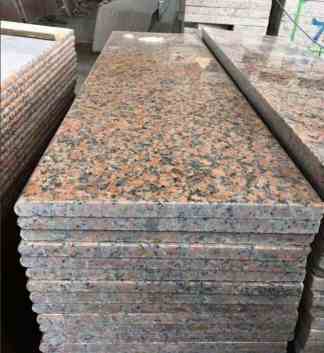
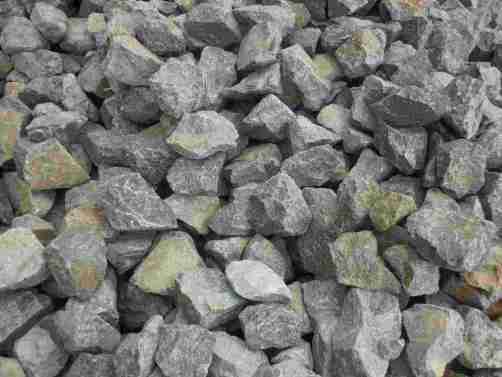
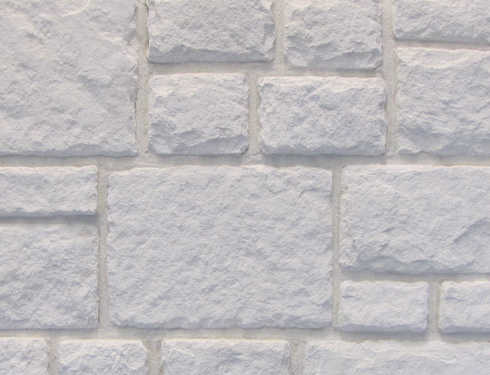
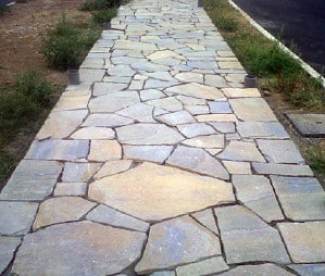
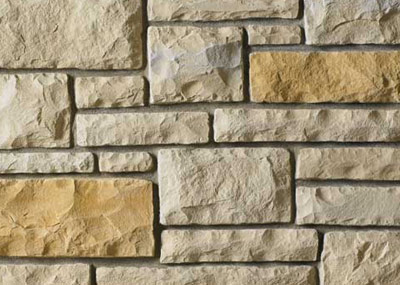
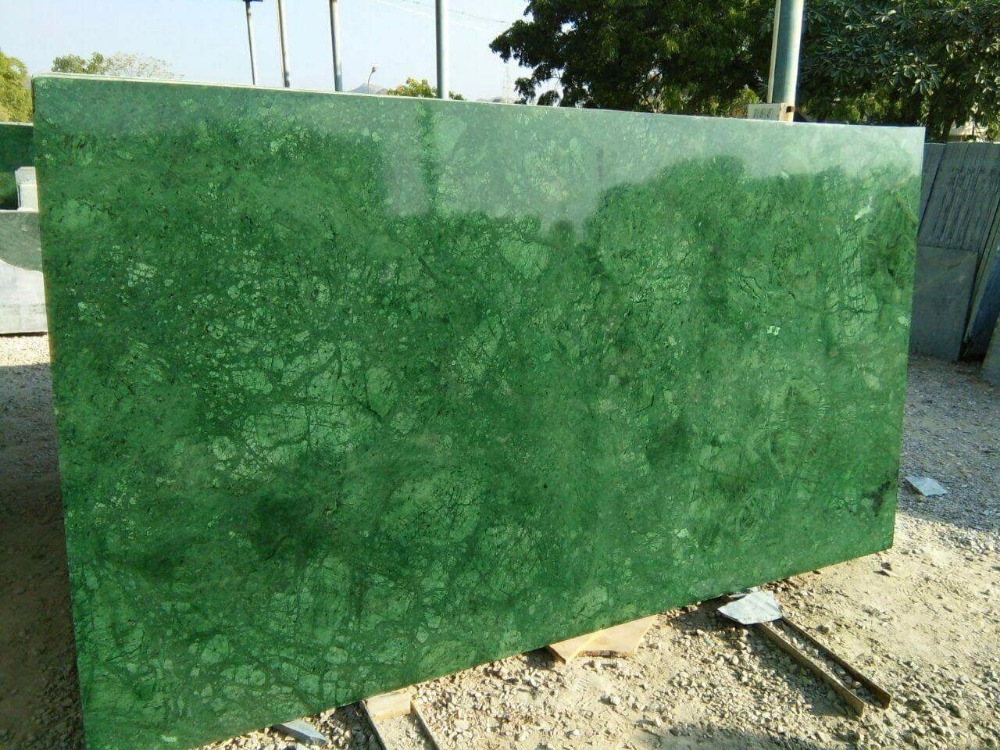
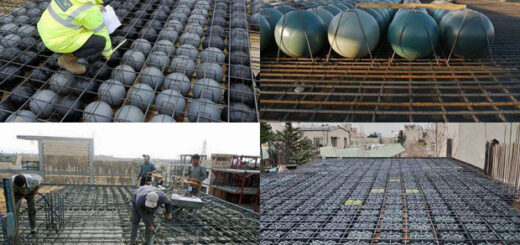
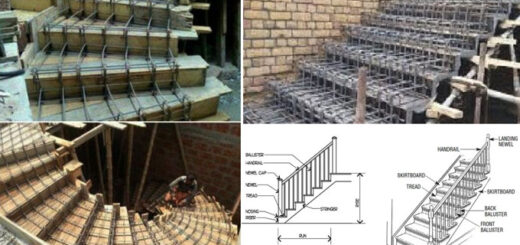
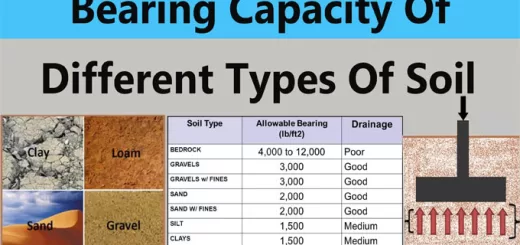










Recent Comments